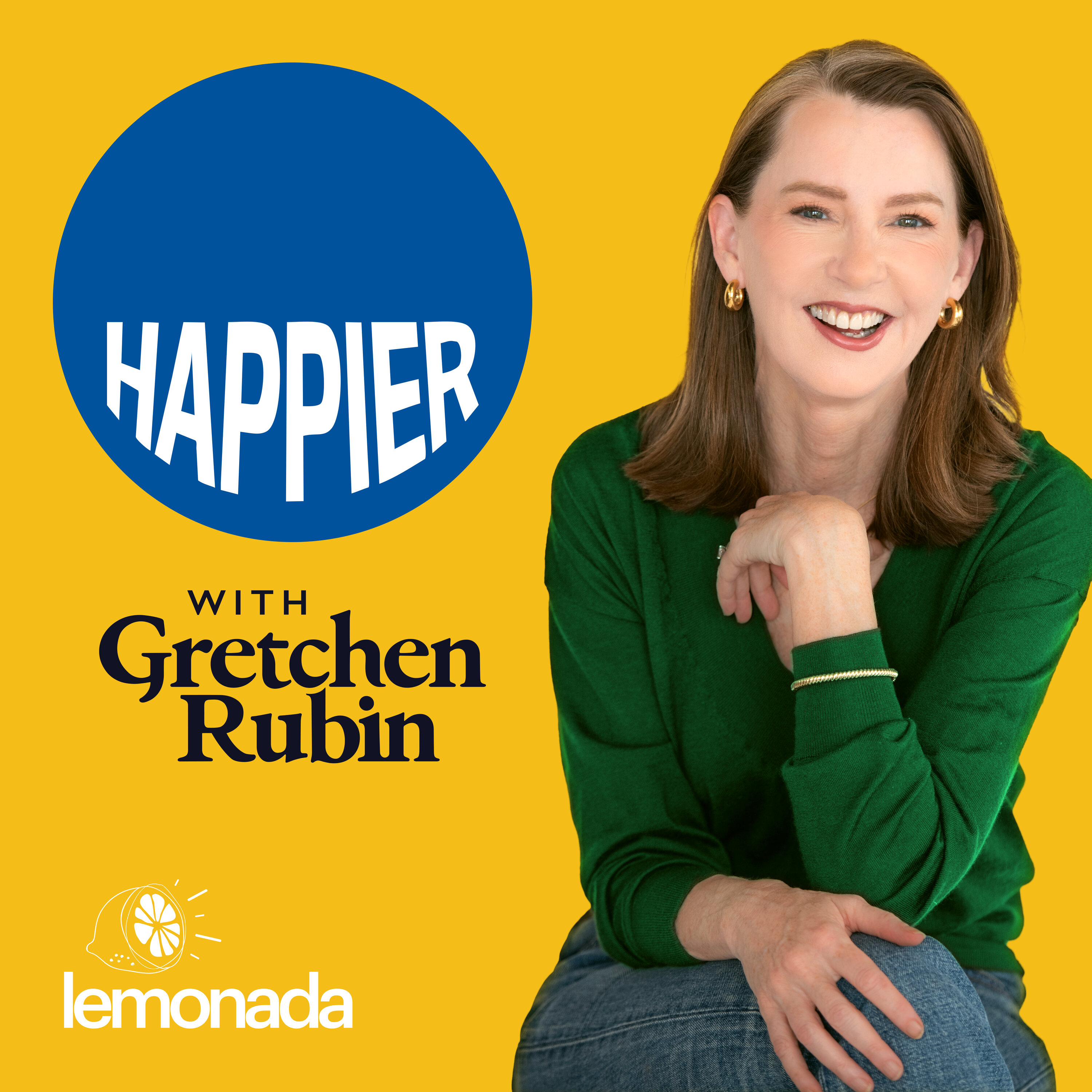
As I often mention, I’m a super-fan of children’s literature, and one of my favorite authors is Laura Ingalls Wilder. In fact, the conclusion of my book Happier at Home—which I think, in all modesty, is one of the best things I’ve ever written in my entire life—centers on the last few sentences from Little House in the Big Woods.
In addition to the Little House books, which I’ve read countless times, I’ve read many books by and about Laura Ingalls Wilder. I read Caroline Fraser’s biography Prairie Fires, I’ve read Pioneer Girl, an autobiography written by Laura Ingalls Wilder that preceded the Little House books, and Little House in the Ozarks, a collection of the pieces that Wilder wrote for regional newspapers and magazines.
In her short pieces, I found much that interested me, and I was particularly struck by one paragraph.
We are so overwhelmed with things these days that our lives are all, more or less, cluttered. I believe it is this, rather than a shortness of time, that gives us that feeling of hurry and almost of helplessness. Everyone is hurrying and usually just a little late. Notice the faces of the people who rush past on the streets or on our country roads! They nearly all have a strained, harassed look, and anyone you meet will tell you there is no time for anything anymore.
Sound familiar?
Well, take note: she wrote this in 1924 when she lived on a farm in a rural part of the Ozarks in Missouri.
I think that we often assume that we feel rushed, hurried, and overwhelmed because of the internet, email, TV, and other newfangled contraptions. But here’s Laura Ingalls Wilder describing the same phenomenon.
Maybe that rushed feeling is an aspect of the experience of “today” for many adults; while we assume that it’s the new gizmos (whether that’s the locomotive, automobiles, telephones, email, or Twitter) that make us feel that way, it’s really always ourselves.
If you’d like to see my list of my 81 favorite works of children’s and young-adult literature, you can find it here.
